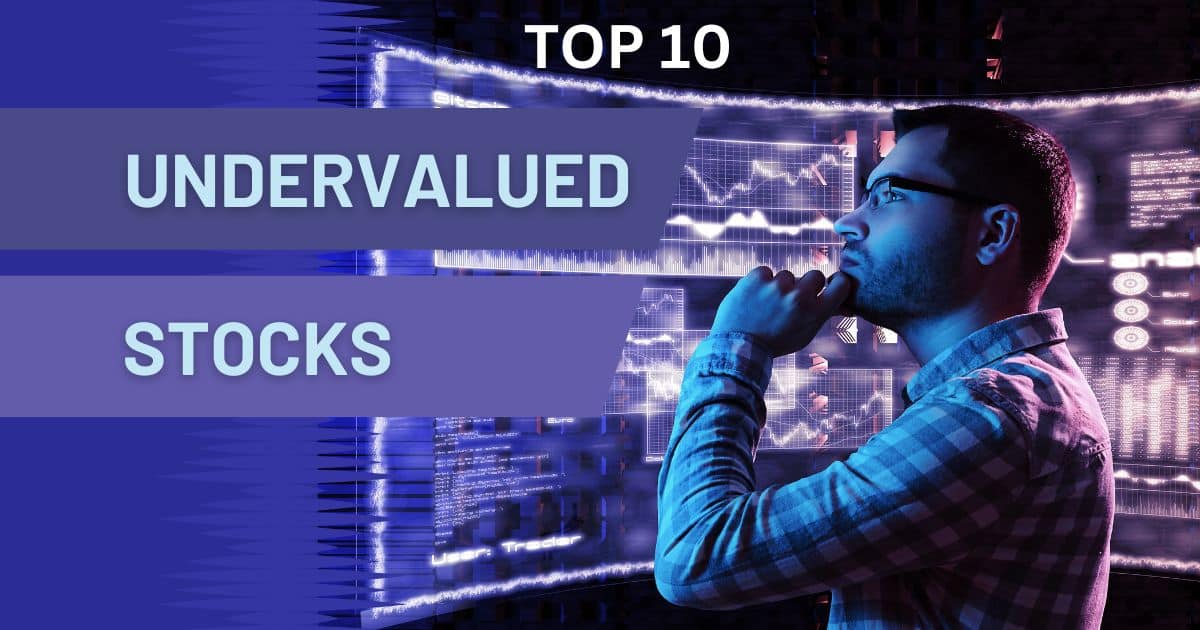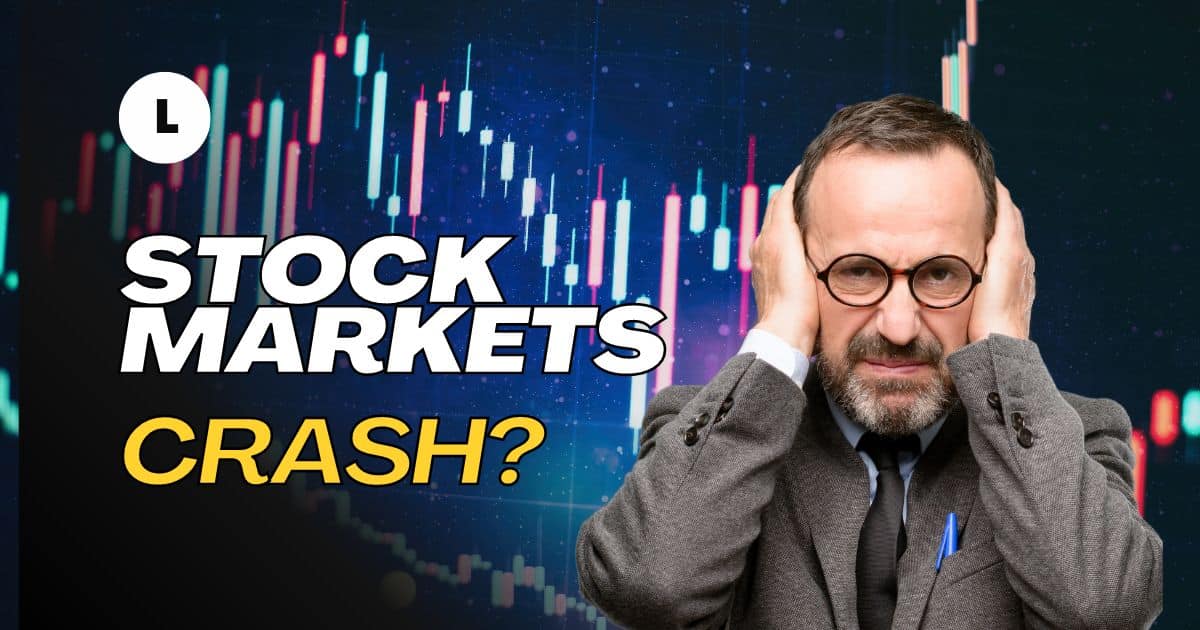
blockchain
Introduction: The Genesis
Now, folks, I know what you’re thinking: What on earth is Blockchain? It’s not a new type of LEGO or a fresh breed of Godzilla, promise. Imagine a never-ending chain of blocks. Only, these aren’t just any blocks. Each one contains vital information, a set of numbers we call a ‘hash,’ and another hash of the previous block. As you can tell, it’s all very hashy. But it’s also what makes blockchain so secure. Think of it as a digital ledger that ain’t no one can hack or manipulate.
Table of Contents
Historical Evolution: From Bitcoin to Broad Spectrum Use
Remember back in 2008 when some mysterious persona named Satoshi Nakamoto came up with Bitcoin? That was blockchain’s first rodeo. Bitcoin needed a public transaction ledger, and blockchain was the perfect fit. But Satoshi did more than give us digital gold. They handed us a Chekhov’s gun that would change a whole lot more than finance.
Present-Day Application Areas
Blockchain ain’t just about fancy coins anymore. It’s been playing its part in various industries, helping manage supply chains, protect copyrights, certify academic degrees, even trace food origins. Like Kevin Bacon in the 90s, it’s getting in everywhere!
It’s Potential: Beyond Cryptocurrency
Ever felt like you stumbled upon a hidden treasure in the most unexpected places? That’s the essence of blockchain, a technology with a potential far beyond the glitzy world of cryptocurrency. While Bitcoin might have been the poster child for blockchain, it’s merely the tip of the iceberg. Picture this – an entire ecosystem of applications waiting to transform the way we conduct business. It’s not just about exchanging digital currencies; it’s about creating a decentralized, transparent, and tamper-resistant foundation for countless industries.
Think of blockchain as the microscopic world beneath the surface of a seemingly barren field. Once you delve into its intricacies, you’ll discover a realm of possibilities. From supply chain management and voting systems to healthcare records and identity verification, blockchain has the potential to revolutionize how we handle information and transactions. Its decentralized nature ensures security and trust, fostering a new era where middlemen are minimized, and efficiency is maximized. So, next time you hear blockchain, don’t just think Bitcoin; think about a technological marvel reshaping the landscape of various sectors.
Revealing the Hidden Potential
Blockchain, often perceived as synonymous with cryptocurrencies, unveils its hidden potential when you scratch beneath the surface. It’s not just a ledger for Bitcoin transactions; it’s a versatile tool with the potential to redefine our digital landscape. Imagine it as a powerful microscope, revealing the vibrant ecosystem of innovation thriving within its decentralized structure.
One remarkable application of blockchain is its role in transforming education verification. Gone are the days of waiting for paper transcripts to be mailed; now, universities can authenticate degrees securely and efficiently through blockchain. Artists, too, find solace in this technological haven. The decentralized nature of blockchain ensures the protection of intellectual property rights, preventing unauthorized use or duplication of creative works. It’s a game-changer for industries far beyond finance, offering a secure and transparent infrastructure for a myriad of applications.
So, the next time someone mentions blockchain, envision a dynamic force not confined to the realms of cryptocurrency. It’s a technological powerhouse, poised to reshape industries and usher in a new era of efficiency, transparency, and trust.
Innovations Outside Cryptocurrency
Blockchain, often overshadowed by the dazzle of cryptocurrencies, is quietly making waves with its avant-garde applications. Move over Bitcoin; there’s a whole new world of possibilities awaiting exploration. Picture this – getting your academic credentials verified seamlessly through blockchain. No more lost transcripts or lengthy authentication processes; it’s all about instant, secure verification.
But that’s not all. Artists, too, are finding sanctuary in the decentralized arms of blockchain. Concerned about plagiarism or unauthorized use of your creative endeavors? Blockchain steps in as the guardian of intellectual property rights, ensuring that artists can share their work without the fear of exploitation.
The versatility of blockchain extends further. From supply chain transparency to voting systems, its decentralized structure offers a robust solution to various challenges across industries. It’s a true Jack of all trades, providing a secure and transparent foundation for applications far beyond the realm of cryptocurrency.
So, the next time you hear blockchain, don’t limit your imagination to digital currencies. Think of it as a technological maestro orchestrating innovations in diverse fields, promising a future where trust and security prevail.
Future Predictions: Disruptions?
Blockchain, akin to a feisty terrier, refuses to bow down or settle into a comfort zone. Instead, it’s gearing up for disruptions on a global scale. The industries standing on the brink of a radical makeover read like a diverse portfolio – real estate, healthcare, legal, and energy. Imagine a technological force hitting the reset button on the way we conduct business, and you’re not far from the reality it is ushering in.
In real estate, the traditional process of property transactions is being reimagined. It’s transparent and tamper-proof nature ensures secure and efficient transactions, reducing the need for intermediaries. Healthcare, too, is on the cusp of a transformation. Patient records, often tangled in a web of bureaucracy, could seamlessly move across healthcare providers with its help, ensuring accuracy, security, and accessibility.
The legal sector is no exception to the impending disruption. Smart contracts, powered by it, could revolutionize the way agreements are made, executed, and enforced, minimizing the need for extensive legal processes. Energy, an industry ripe for innovation, could see the emergence of decentralized energy grids and transparent supply chains, powered by this technology.
In essence, it is not merely a buzzword but a harbinger of change across sectors. Its disruptive potential is not a distant prophecy but a reality unfolding before our eyes. As industries brace themselves for the blockchain revolution, one thing is certain – the feisty terrier won’t be tamed, and the reset button will continue to be pressed, reshaping the landscape of business as we know it.
Probing Industries: Blockchain’s Revolutionary Path
Financial Services: Redefining Trust & Efficiency
In the labyrinth of financial services, blockchain emerges as the guiding light, ushering in a revolutionary era of trust and efficiency. Imagine a world where banking is not a privilege reserved for the elite but a right accessible to all. Blockchain, the unsung hero of this fintech evolution, is turning this vision into reality. By fostering a decentralized system, it erases the need for trust in traditional banking institutions. Transactions become swift, secure, and transparent, cutting through the red tape that has long hindered financial inclusivity.
Blockchain, in the financial services arena, is a game-changer, abolishing the need for expensive middlemen and redefining the very essence of trust. Whether it’s sending funds across borders or executing complex financial transactions, it is the driving force behind a win-win solution poised to disrupt the conventional norms of banking. It’s not just a technological upgrade; it’s a paradigm shift towards a more accessible and equitable financial landscape.
Supply Chain: Maximizing Transparency & Traceability
Bid farewell to the era of dusty ledgers and opaque supply chains. Blockchain steps onto the scene, revolutionizing the supply chain industry with its promise of maximum transparency and traceability. In a world where consumers are increasingly conscious of the journey their products take from inception to delivery, it becomes the key to unlocking this information.
Picture this: every step of a product’s journey, from the coffee bean in your morning cup to the gadget in your hand, traceable with unprecedented clarity. It ensures that every link in the supply chain is securely recorded, eliminating the fog of uncertainty that often surrounds the production and distribution process. With it, you can virtually walk through the entire lifecycle of a product, knowing where it came from, how it was made, and how it reached your hands. It’s a transformative shift towards an era where transparency and consumer empowerment take center stage.
Healthcare: Empowering Patient Data & Research
The healthcare sector, often bogged down by mountains of paperwork and fragmented patient data, is experiencing a breath of fresh air with its advent. In a world where TV shows might exaggerate the drama but not the paperwork, it steps in as the much-needed hero. Imagine a medical realm where patient data is not scattered across endless files but unified in a secure, transparent, and easily accessible system.
Blockchain’s impact on healthcare transcends the administrative hurdles, aiming to empower patients and accelerate medical research. No more scrambling through records to find crucial information; it ensures that every piece of patient data is securely stored and readily available when needed. It’s a prescription for efficiency, turning the tedious process of navigating medical histories into a seamless and patient-centric experience. With blockchain, healthcare enters a new era where data becomes a powerful tool for improving patient outcomes and advancing medical knowledge.
Emerging Innovations: Driving Transformation
Its Interplay with Artificial Intelligence
The dynamic interplay between blockchain and artificial intelligence (AI) is akin to discovering the perfect recipe—a harmonious blend that elevates the capabilities of both technologies. Picture blockchain as the robust pancake base, and AI as the rich Nutella spread, combining to create a powerhouse of innovation. Together, they forge an alliance that ensures unparalleled data security, intelligent decision-making algorithms, and the safeguarding of individual privacy.
The collaboration between blockchain and AI unleashes a torrent of possibilities. With its decentralized and tamper-resistant nature, it provides an ideal foundation for secure data storage—a veritable fortress against hacking and unauthorized access. On the other hand, AI, with its cognitive prowess, can analyze vast datasets within this secure environment, fostering the development of smarter decision-making algorithms. This synergy not only enhances the efficiency of AI but also reinforces the trustworthiness of its applications. It’s a superhero team-up, where the extraordinary powers of blockchain and AI multiply, promising a technological landscape that is both robust and intelligent.
Smart Contracts: The Game Changer for Legal & Real Estate Sector
Tired of drowning in a sea of legal fees? Enter blockchain’s game-changing solution: smart contracts. Think of them as the digital wizards of the legal and real estate sectors—fast, cost-effective, and no need for someone in pinstripes. Smart contracts revolutionize the way agreements are made, executed, and enforced, providing an efficient and secure alternative to traditional legal processes.
In the realm of real estate, where the paperwork can be as vast as the properties themselves, smart contracts simplify and expedite transactions. Whether you’re selling a house or sealing a business deal, smart contracts automate the fulfillment of contract terms, reducing the need for intermediaries and minimizing the risk of disputes. Legal agreements become seamlessly executable lines of code, transforming the landscape for lawyers and clients alike. It’s a technological boon that not only saves time and money but also brings transparency and efficiency to sectors where complexity has long been the norm.
In Energy: Fireside for a Greener Future
For the eco-warriors championing a greener future, it emerges as a beacon of hope in the energy sector. Beyond its applications in finance and contracts, it strides into the realm of sustainability, offering a fireside for a cleaner and more efficient energy landscape. It not only records the production and transaction of renewable energy but also introduces a groundbreaking concept—allowing consumers to trade excess power.
Imagine a decentralized marketplace where individuals can buy and sell surplus energy, creating a virtual ecosystem akin to eBay but for green power. Its transparent and secure ledger ensures the integrity of transactions, while the ability to trade excess power encourages the widespread adoption of renewable energy sources. It’s a revolutionary approach that not only promotes environmental sustainability but also empowers individuals to actively participate in creating a greener and more sustainable future. Blockchain in energy is not just a technological advancement; it’s a catalyst for positive change, redefining the way we produce, consume, and trade energy resources.
Addressing Challenges & Roadblocks
Technological Challenges: Scalability & Interoperability
For all its promise and potential, it finds itself grappling with the formidable foe of scalability. It’s akin to having a supremely talented chef in Uncle Blockchain who crafts the most delectable dishes, but struggles when the restaurant gets too crowded. The challenge lies in handling a surge in demand and complex operations without sacrificing the fundamental principles of decentralization and security.
Scalability is the litmus test for blockchain’s practicality in real-world applications. If it falters under the weight of increasing transactions and fails to scale efficiently, its utility is inevitably compromised. Interoperability, the ability of its different networks to seamlessly communicate with each other, is another hurdle. Imagine its network having trouble understanding other chefs’ recipes; it’s a roadblock to its smooth integration into existing systems. Overcoming these technological challenges is crucial for it to evolve from a promising innovation to a ubiquitous and seamlessly functioning infrastructure.
Legal and Regulatory Concerns: National & International Perspective
The ascent of blockchain is not without its legal and regulatory conundrums, introducing a nuanced layer of complexity to the technology landscape. As Uncle Blockchain’s capabilities grow, so does the scrutiny from lawmakers and regulatory bodies. Its decentralized and transparent nature, while a boon for security and trust, raises legitimate concerns about privacy and data protection.
On a national level, the legal landscape surrounding it varies, with some jurisdictions embracing it while others grapple with defining its legal status. Internationally, the lack of standardized regulations poses challenges for businesses operating across borders. The right to be forgotten, a cornerstone of privacy rights, becomes a critical concern in blockchain’s immutable ledger. Striking a delicate balance between fostering innovation and safeguarding individual rights requires a collaborative effort on a global scale, ensuring that legal frameworks keep pace with the rapid evolution of this technology.
Cultivating Trust: Embracing Transparency over Anonymity
Blockchain may serve a banquet of trust, but the skepticism lingers, reminiscent of a famous magician whose tricks bewilder the audience while leaving a lingering air of suspicion. The paradox at its heart lies in cultivating trust while preserving the allure of anonymous transactions.
Transparency is the linchpin of blockchain’s trustworthiness. The ledger’s openness and immutability provide a secure foundation, but concerns arise when users fear the loss of anonymity. Striking the right balance is crucial; users should feel confident that transparency doesn’t equate to sacrificing the privacy inherent in anonymous transactions. Navigating this delicate dance between transparency and anonymity is essential for it to gain widespread acceptance. It requires not just technological solutions but a cultural shift—a shared understanding that it can be both transparent and respectful of individual privacy. As it continues to dazzle with its magical feats, the challenge lies in dispelling suspicions and embracing a new era of trust built on a foundation of transparency.
Looking Forward: The Advent of a Blockchain Driven Era
Future Projections: Blockchain in 2030 and Beyond
It’s 2030, and you scan a QR code on your apple to verify it’s organic. Pure science fiction? Not with blockchain! The thing about blockchain is it’s tenacious, like a buzzword refusing to leave the headlines. And we’re only seeing the tip of this innovative iceberg right now.
The Inter-Industry Impact of Blockchain
With blockchain’s superpower to transform industries, it’s bound to create ripples far and wide. From retail to farming, no sector is safe from disruption. In a few decades, every industry will sport a shiny, new blockchain coat!
Developing a Roadmap for Blockchain Adoption
Deciding to adopt blockchain is about as simple as learning quantum physics. It’s not for the light-hearted, and it needs a bit of thinking. But once we tackle the obstacles and come up with a foolproof game plan, let me tell you, this blockchain landscape will be as sweet as pie.
Summary: The Long and Winding Road of Blockchain
Blockchain’s journey so far has been more ‘Twist and Shout’ than a smooth waltz. And it still has a considerable journey ahead. Yet, every revolution has its humble beginnings, doesn’t it? If it achieved half of its projected potential, it’d still be one hell of a game-changer. All we need, folks, is a little patience, a dash of grit, and a balloon-size faith in technology.
Frequently Asked Questions:
What exactly is Blockchain and how does it work?
Okay, imagine a digital ledger that’s utterly unhackable and stores data across several systems. That’s blockchain for ya! Each block holds some data, a hash (a fancy term for a unique set of numbers), and the hash of the previous block. Not going to lie, it’s a bit of a mind-boggler.
What are some of the major industries Blockchain could revolutionize?
Well, take your pick – it’s shaking things up everywhere. We’re talking healthcare, finance, law, supply chains, energy, and even the creative industries! It’s like a golden ticket for all sectors of the economy.
What are the current challenges in adopting Blockchain?
Like any maverick, blockchain has its demons. People worry about its scalability, interoperability, and not to mention the whole legal and regulatory kerfuffle. And let’s not forget the fun paradox of transparency vs. anonymity!
How is Blockchain expected to transform the future?
Apart from the fun of shaking industries to their cores, blockchain might just redefine how we handle data, assure authenticity, and manage transactions. In short, it’s about to give future us some serious superpowers.
Do we have examples of current innovations in the use of Blockchain?
Indeed we do! Forget cryptocurrency; think authenticating academic degrees, protecting intellectual property, managing clean energy, and tracing the origins of your food. And that’s just the tip of the innovation iceberg.
What are the potential legal and regulatory concerns for Blockchain?
Despite all its glitz and glam, blockchain’s transparency does have legal eagles scratching their heads. After all, maintaining privacy and upholding the right to be forgotten in a system designed to be open and unalterable isn’t exactly a walk in the park.


